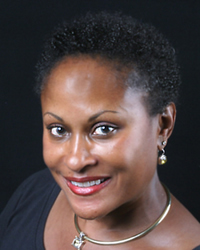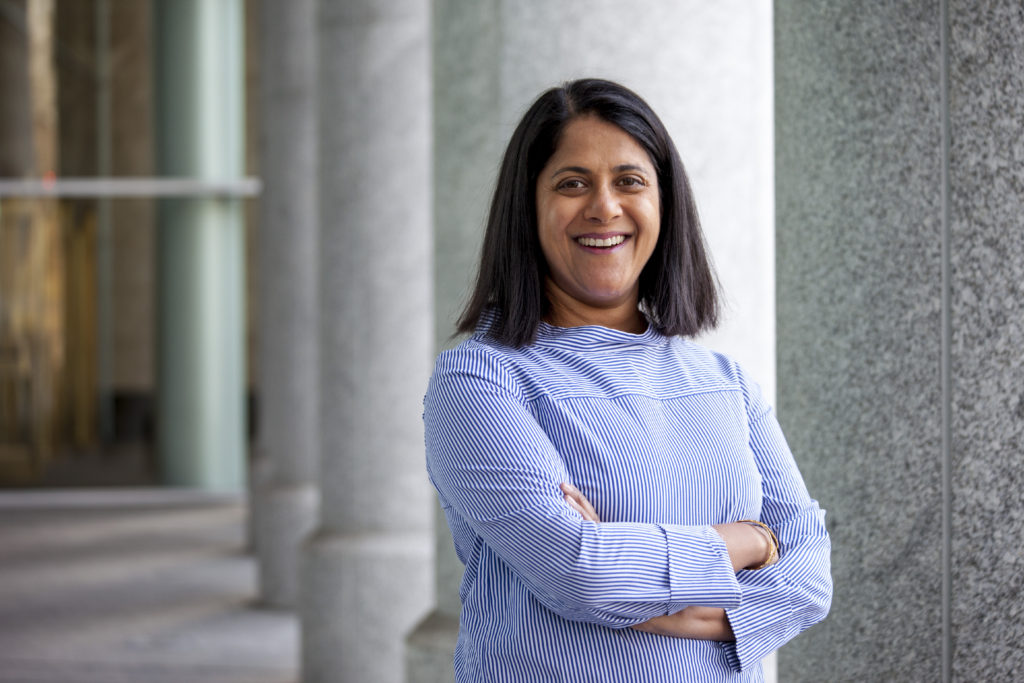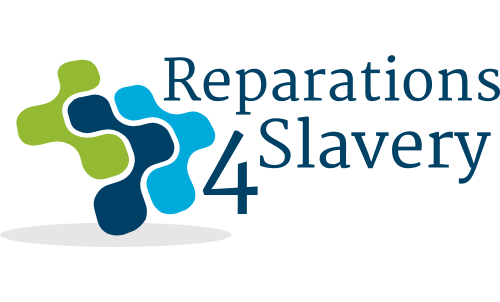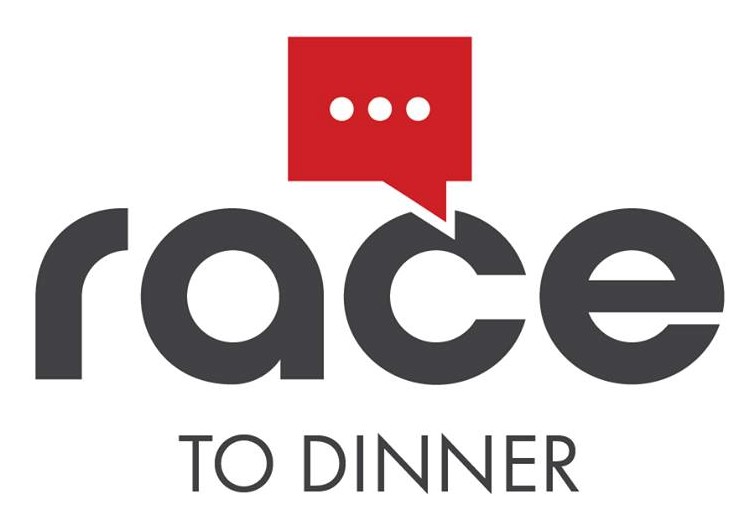Interview with Regina Jackson & Saira Rao


R4S: What is the Race to Dinner program? How did you conceive of this idea?
Regina: It began when Saira ran for Congress and started openly talking about race. White women were constantly asking her to go to dinner, to talk to her about her campaign. But there was always this tone when the topic of race would come up. “I don’t like the way you’re talking about us,” they would say. Saira kept getting blow-back. At a certain point, we both just looked at each other and Saira said, “Alright, Regina, you’re black, I’m Indian, we’re of different generations. Let's show them what it looks like to discuss race as sisters. I’m not doing solo lunches or dinners anymore. Let’s do this as a group.” So, that's how Race to Dinner got started.
Saira: Women love dinner parties. This is a very familiar place. We’re not meeting in a church basement or in a workshop; this is not a TED talk. This is in an intimate setting that is very familiar to all of us.
R4S: What is the format for the dinners and how does Race to Dinner endeavor to bridge the racial gap?
Regina: The event is for white women only; a woman signs up to be host and invites her friends to attend the dinner. She makes dinner for the group, or has it catered. We all meet for cocktails first, then dive right in to the discussion of race. We set the stage; anyone can ask us anything they want to know about the topic of race.
Saira: Now, Regina and I charge a fee for the evening. If white women want our professional opinion – really want to hear what we have to say about racism – they need to pay us. One component of racism we hate is the notion that racism is our problem and we should be willing to talk about it for free. So, we charge; it’s up to them how they want to charge their guests.
R4S: What do you charge? How have people responded?
Saira: Some people initially balk at what we charge for our time. We have a worksheet that the host fills out. They have to note things like how much they paid for the last purse they bought, the last pair of shoes.
I kid you not – one woman said, “Sure, I spend thousands of dollars on cosmetics, but no way am I going to pay you to talk about race!”
Regina: Another thing we’ve noticed - there's always public support for this work, but once prospective hosts see the worksheet and find out that hosting is work, that it involves planning and money – then, frequently, it's radio silence.
Saira: This mirrors every brown and black woman's experience with white women: public back-patting and then no follow through. What the worksheet does is force white women to look at themselves. “Wow, do I really spend that much money on Pilates? And I’m not willing to pay Saira and Regina for their time?”
We have expenditures to cover, mind you. For instance, we hired a white woman to help coordinate the program for prospective hosts. She knew it would be difficult getting white women to compensate us for our time and labor, but even called me exasperated, saying: “wow, it's actually worse than I thought.”
R4S: What sort of questions or issues come up at dinner as race is being discussed?
Regina: We get some resistance, for sure (laughs). When you say race or racism, white people hear you calling them a racist. We must be very clear that racism is a structural system that involves everything from the law, justice, education, health, and that all those systems are set up to benefit white people. That's what racism and white supremacy is. So, people need to be clear about what we're talking about. We have to say repeatedly, "it's not about you."
Saira: The response is immediate - within the first two seconds - typically, they’ll say, “Not all white women, not me, not me!” And then we'll hear their civil rights resume and how amazing they've been. But that's the idea we want to get across - it's institutional, therefore all white people are complicit. It's not in the water – it is the water. There is no label that a white person can give themselves to immunize them from being racist.
Regina: If you look at racism and feminism from a historical perspective, the white feminists threw black women under the bus; they fought for their right to vote, but not ours. I want people to look at that history - not much has changed.
Saira: So, we introduce ourselves and then I will say, “I'm part of the solution and I'm part of the problem. I'm part of the problem because I'm Indian and I'm anti-black.” The guests are usually shocked by this statement. They're expecting Regina to be angry that I'm anti-black, but she’s not. And, that’s the point - it’s the system.
R4S: How would you state your goal for these dinners?
Regina: By the end of dinner we’d like them to acknowledge, “I can be part of the solution, but I'm also part of the problem. Because I'm white, I'm therefore conditioned by the system to be racist.”
Saira: That's where anti-racism work begins. If you’re able to say that out loud, that’s where the opening is.
R4S: Have any of your guests come to that point?
Saira: Not yet (laughs). But here is an example of something that happened at one of our dinners. So, we were doing introductions and the last person to introduce themselves was a young white woman, a yoga instructor. So, I said, “Okay, let's just jump right in. Just so you know, the Yoga practiced by white people in America is cultural appropriation. Cultural appropriation is a form of racism.” Before she could say anything, a woman, probably in her fifties, jumps in and says, “You need to apologize to her right now!” And, before I could say anything, the young woman says, “No, she's right!” And then we got into it. They were asking, “What do you mean, why is that?” And, I said, “Who owns yoga studios? Not a whole lot of Indians own yoga studios. White people do and they don't hire Indians or black people, for that matter.” The older woman says, “You're lying, I don't believe you!” And then the young woman says, “She's not, that's exactly what happens.”
Regina: So, we see the problem in a nutshell. People of color are always accused of lying, of exaggerating the effects of racism. White women typically have each other's back. And it took the young white woman saying, “No, she's right,” to open the conversation. The older white woman just sat back and listened after that.
R4S: White fragility is a term that’s currently being used to describe white defensiveness in discussions on race. Would you say that’s been a typical reaction at the R2D dinners?
Saira: I’ll be blunt. I think white fragility is a really nice way of saying white supremacy. Getting angry when you’re confronted by a person of color is a way of shutting down the conversation. By shutting down the conversation you let white supremacy blossom and grow.
Regina: I cannot tell you how many people have said to me that I hurt their feelings. I will say, “You know what? Grow up, put on your big girl panties. Feel what you feel and deal with it. I’ve had to put up with your racism for my entire life, you can listen to what I have to say for five minutes.” Ultimately the disappointment for me is that they cannot see how their behavior would be problematic for me as a black woman.
Saira: Here’s another example of a woman who was completely oblivious of her impact. So, she starts telling a story; her mom did some sort of support work with black kids. And then she starts tearing up. She says, “…and, do you even know what it was like for me? I got called ‘n**ger lover.’” She said it, like, four times.
So, first, I have to point out, that’s not your word to use, second, you are saying that being called “n**ger lover” once is somehow worse than Regina being called “n**ger her whole life!” So, that’s part of our point.
R4S: What roles should white people take on?
Regina: There are several roles a white person can take on. You can be an ally, you can be an advocate, you can be a downright activist, and you can give money. You don't want to do any of those? Get out of the way!
Saira: Until and unless white people realize and recognize that white supremacy is bad for them, they’re not going to change it. Regina made a great point the other day, which I hadn't even thought about before. She said, “What if we killed Einstein at the border? What if the person who was going to cure cancer in the future is Sandra Bland or Trayvon Martin?”
Regina: That is the biggest problem with white supremacy. No person of color gets to be as good as they could be; in addition, no white person gets to be as good as they can be. When things are made easy for you, you don’t stretch or grow. You continue to expect everything to be easy, thereby denying yourself real authentic hard work and genuine earned experience. It’s a lose-lose proposition for all of us, no matter what race.
R4S: What's the barometer of success for the program?
Saira: Essentially, this is a social experiment. I don't know what the barometer of success is. Part of what's interesting about this is what happens afterward in these women’s own journeys.
Regina: I would agree - the work starts at dinner, but you must be willing to go beyond that. It's hard; there is no growth without change. And there is no change without pain. I think the first thing I hope people can learn is they've got to take a back seat and listen.
Saira: Another thing - white women have felt historically powerless and that is because they haven't viewed people of color as their equals. Women have a decision to make, to continue to be oppressed or join the sisterhood; together we can overthrow patriarchal white supremacy. But neither side can do it alone.
People like to talk about having a better society; I think that misses the mark. I don't think we can have a better society until we have a more honest society and we can't have a more honest society until white people can acknowledge the harm that they've caused and continue to cause. And they can't do that until and unless they can acknowledge that they are white people.
If I die and the only thing that I've ever contributed to society is normalizing the term 'white people' with white people, I feel like that would be a big contribution. If we can accomplish that at Race to Dinner, there’s your barometer for success.

